
OR
Human Rights Watch urges govt to stop prosecuting journalists, social media users in Nepal
Published On: April 19, 2019 01:16 PM NPT By: Republica | @RepublicaNepal
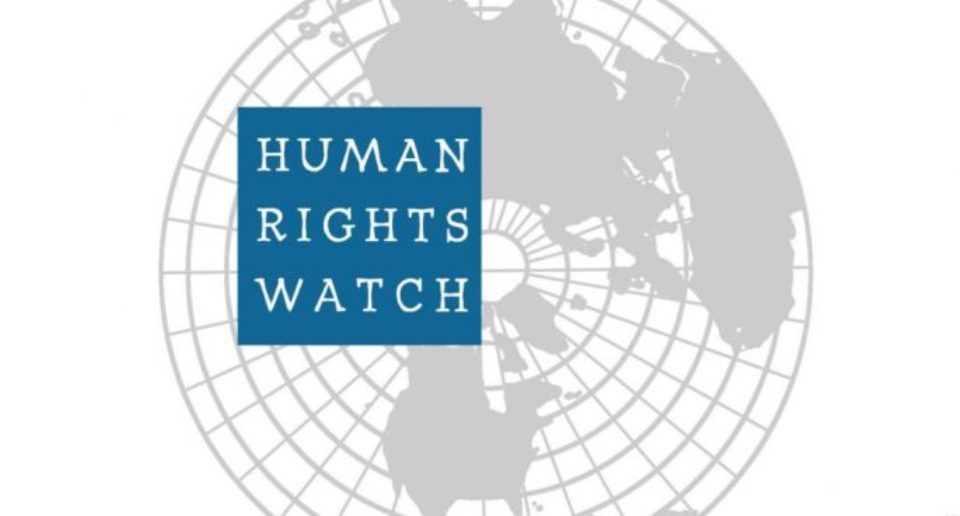
KATHMANDU, April 19: Human Rights Watch, the international rights defender, has urged the Nepal government to stop prosecuting journalists and social media users for peaceful reporting and online expression.
Issuing a press statement in New York on Friday, the HRW urged the government to review and reform the Electronic Transactions Act, 2006.
“The government of Prime Minister Khadga Prasad Sharma Oli should review and reform the Electronic Transactions Act, 2006, which has been repeatedly used to unlawfully muzzle speech, and ensure that any new or revised legislation upholds freedom of expression,” the statement said.
The statement has mentioned that at least six journalists including Pokhara-based Arjun Giri were arrested under the Electronic Transactions Act after the Oli-led administration came to power in February 2019.
The HRW expressed concern over the arrest of 16 persons for their activities in social networks in the past six months.
“Nepalis have fought hard for their democratic rights so it’s especially troubling that a government elected on a promise to uphold constitutional freedoms is intimidating and restricting Nepal’s vibrant public discourse,” said Meenakshi Ganguly, South Asia director. “The government should drop their investigation of Giri and stop harassing people for expressing their peaceful views.”
Section 47 of the Electronic Transactions Act prohibits electronic publication or display of material deemed illegal under existing laws, including vaguely defined material “which may be contrary to the public morality or decent behavior or any types of materials which may spread hate or jealousy against anyone or which may jeopardize the harmonious relations subsisting among the peoples of various castes, tribes and communities.” It authorizes a sentence of up to five years in prison and a 100,000 Nepali rupee (US$900) fine.
The HRW has cited two separate reports produced by Freedom Forum and Committee to Protect Journalists which have talked about the violations of press freedom in Nepal since the Oli-led administration came to power in February 2018.
The human rights defender has also noted that the internet access is rapidly expanding in Nepal, reaching 60 percent of the population and adding 250 new users every hour. “Social media reach is increasing, and an estimated 9.3 million Nepalis use Facebook,” it said.
Even though the Nepal government has recognized the importance of digital technology for social and economic development, it is also cracking down on peaceful dissent and criticism, the HRW said.
The report has mentioned several cases of violations of freedom of speech and expression including the withdrawal of a popular song “Lutnasake lut Kaanchha” from YouTube and other social media by its singer Pashupati Sharma following the protests by youth supporters of the ruling party.
“In January 2019, the government proposed a new law imposing sweeping restrictions on what government employees can post online, making virtually any criticism of government policies unlawful. This followed an order from the Education Ministry in October 2018 prohibiting almost 500,000 staff nationwide, including teachers, from criticizing the government or political parties on social media,” the statement said.
The HRW statement mentioned about the Information Technology bill tabled by the government in the parliament which would impose penalties of up to five years in prison for “improper” posts on social networking sites if they are deemed to discredit individuals or to harm national security.
“The Nepali government should review and revise as necessary all proposed legislation that affects free expression,” the statement said.
The HRW has reminded that Nepal, as a state party to the International Covenant on Civil and Political Rights, is obligated to respect the right to freedom of expression, including the freedom to seek, receive, and impart information and ideas of all kinds, in any medium.
The HRW, in its statement, observed that any interference with the rights to privacy and free expression should be based on clear law, for a legitimate reason, and be proportionate – that is, the minimal interference necessary.
“Attacks on free expression have increased in Nepal over the past year, and proposed laws and policies provide further grounds for alarm,” HRW’s South Asia Director Ganguly said. “Nepal’s political leaders should reject any efforts that undermine the rights of Nepalis to peacefully express their views.”
You May Like This

HRW calls for migrant worker protection during Qatari Emir's visit to Bangladesh and Nepal
KATHMANDU, April 22: Human Rights Watch (HRW) has urged the Emir of Qatar, Sheikh Tamim bin Hamad al-Thani, to prioritize... Read More...
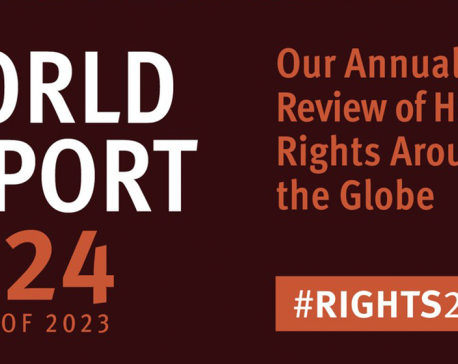
Nepal's TJ law needs more progress: Human Rights Watch
KATHMANDU, Jan 12: Human Rights Watch (HRW) has stated that Nepal's transitional justice (TJ) law needs further progress. ... Read More...
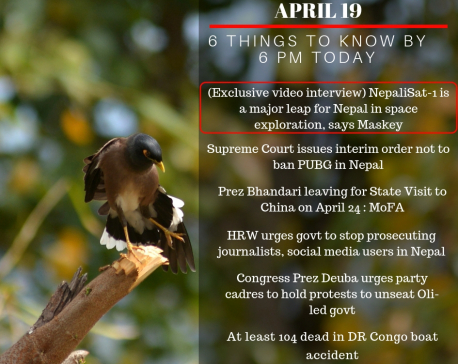
April 19: 6 things to know by 6 PM today
Your daily dose of missed important news of the day. ... Read More...




Just In
- NEA Provincial Office initiates contract termination process with six companies
- Nepal's ready-made garment exports soar to over 9 billion rupees
- Vote count update: UML candidate continues to maintain lead in Bajhang
- Govt to provide up to Rs 500,000 for building houses affected by natural calamities
- China announces implementation of free visa for Nepali citizens
- NEPSE gains 14.33 points, while daily turnover inclines to Rs 2.68 billion
- Tourists suffer after flight disruption due to adverse weather in Solukhumbu district
- Vote count update: NC maintains lead in Ilam-2







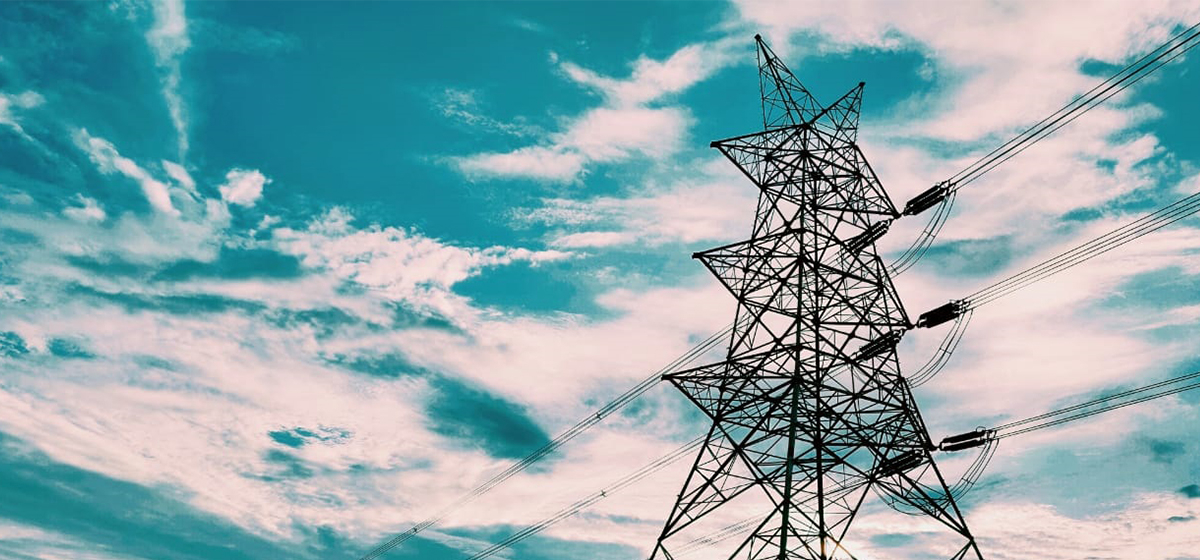




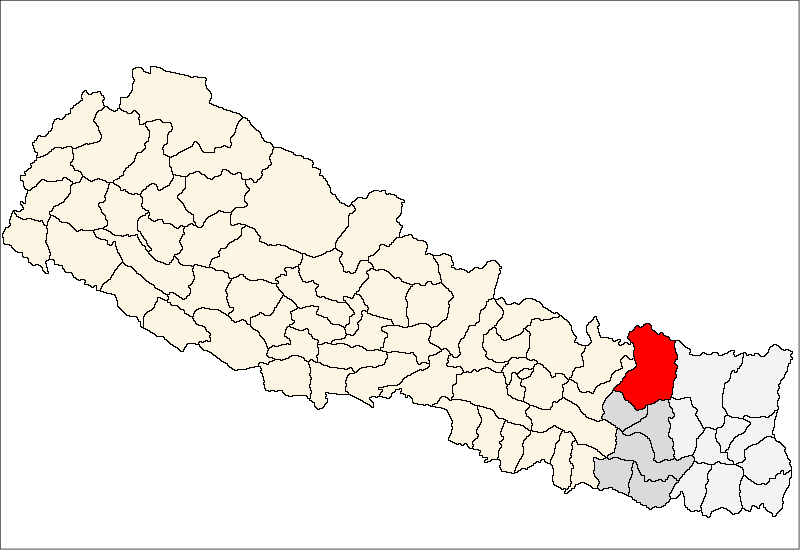
Leave A Comment